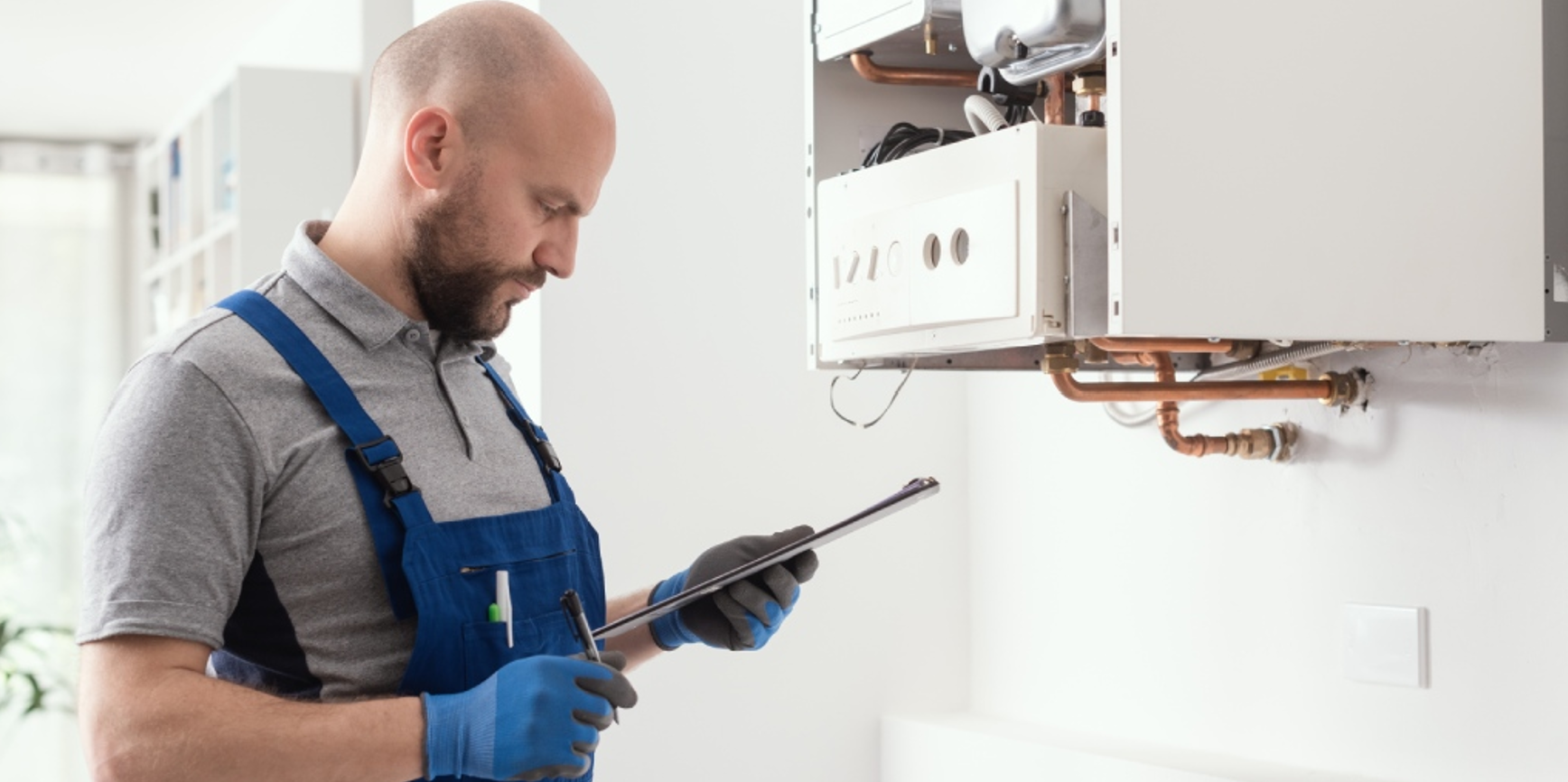The Role of Gas Safety Certificates in Ensuring Building Compliance

Image Source: Yandex.com
Introduction
Gas safety is a critical aspect of maintaining safety and compliance in buildings. Whether it's a residential home, commercial property, or any other type of building, ensuring that gas systems are safe and compliant with regulations is essential. One of the key tools in achieving this is the gas safety certificate. Understanding the gas safety certificate cost and its implications can help in budgeting and planning for compliance. This blog explores the significance of gas safety certificates, their role in building compliance, and why they matter.
Understanding Gas Safety Certificates
A gas safety certificate is an official document issued by a certified gas engineer after conducting a thorough inspection of a building's gas systems. This certificate confirms that the gas installations, appliances, and fittings within the property are safe and comply with current regulations. It is a crucial part of ensuring that gas systems are functioning properly and not posing a risk to the occupants.
Legal Requirements for Gas Safety Certificates
In many countries, there are strict legal requirements regarding gas safety. For instance, in the UK, the Gas Safety (Installation and Use) Regulations 1998 mandate that landlords must obtain a gas safety certificate annually for each rented property. This requirement ensures that gas appliances are checked regularly, minimizing the risk of gas leaks, explosions, or carbon monoxide poisoning. Building owners, landlords, and property managers must adhere to these regulations to avoid legal penalties and, more importantly, to ensure the safety of those who use their properties
The Inspection Process
Obtaining a gas safety certificate involves a detailed inspection process. Certified gas engineers assess various components of the gas system, including: Gas appliances, such as boilers, cookers, and heaters Gas pipes and fittings Ventilation systems Gas meter and shut-off valves The engineer checks that all components are installed correctly and functioning safely. They also inspect for potential hazards, such as gas leaks or improper ventilation, and make recommendations for any necessary repairs or adjustments.
Importance of Regular Inspections
Regular inspections are vital for several reasons. Firstly, gas systems can deteriorate over time due to wear and tear, which may not be immediately apparent. Regular inspections help identify issues before they become serious problems. Secondly, regulations and safety standards can change, so periodic checks ensure that your gas system remains compliant with current laws. For landlords and property managers, maintaining up-to-date gas safety certificates demonstrates a commitment to tenant safety and helps avoid disputes or legal issues. For homeowners, it provides peace of mind that their gas appliances and systems are safe.
Impact on Building Compliance
Gas safety certificates play a significant role in ensuring overall building compliance. Compliance with gas safety regulations is a crucial part of meeting broader building and health and safety standards. By securing a gas safety certificate, building owners and managers demonstrate their adherence to legal and safety requirements. Failure to obtain or renew a gas safety certificate can result in severe consequences, including fines, legal action, or even imprisonment in extreme cases. Moreover, in the event of a gas-related incident, a valid certificate can provide evidence that the property owner took appropriate measures to ensure safety.
The Role of Gas Safety Certificates in Property Transactions
Gas safety certificates also play an important role in property transactions. When buying or selling a property, a valid gas safety certificate can be a key factor. Buyers are likely to request proof of recent inspections to ensure that the property’s gas systems are safe and compliant. For sellers, providing a valid certificate can enhance the property’s appeal and facilitate a smoother transaction.
Ensuring Compliance and Safety
To ensure compliance and safety, it's important to work with qualified professionals. Always hire registered gas engineers who are certified by relevant authorities, such as Gas Safe Register in the UK. This ensures that inspections are conducted according to the highest standards and that the certificate issued is legitimate and recognized. Regular maintenance and prompt repairs are also essential. Addressing any issues identified during inspections and maintaining your gas systems in good condition can help prevent accidents and ensure ongoing compliance.
Conclusion
Gas safety certificates are a fundamental component of ensuring building compliance and safety. They provide assurance that gas systems are regularly inspected, properly maintained, and compliant with current regulations. For landlords, property managers, and homeowners, obtaining and maintaining a valid gas safety certificate is not just a legal obligation but a critical aspect of safeguarding occupants and protecting property. By understanding the role and importance of gas safety certificates, building owners can better manage their responsibilities, enhance safety, and ensure compliance with legal requirements. Regular inspections and prompt action on any identified issues are essential steps in maintaining a safe and compliant building. Companies like London Property Inspections offer expert services to help ensure that your inspections are thorough and up to standard, If you want to stay updated with posts like this, please follow us on Yuval Eizik Blog.